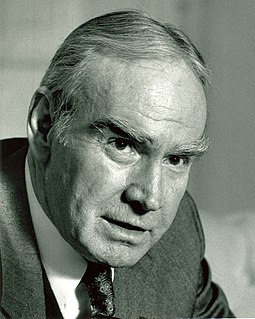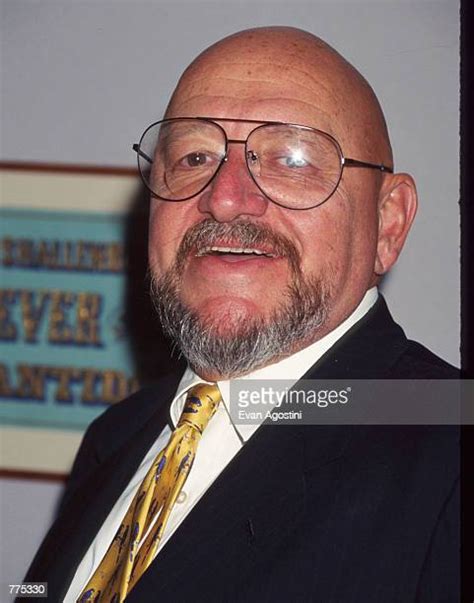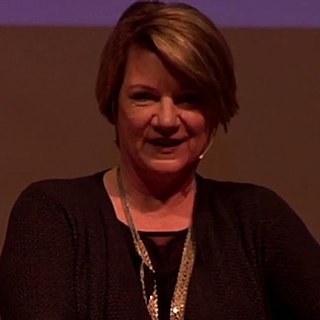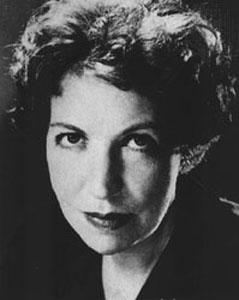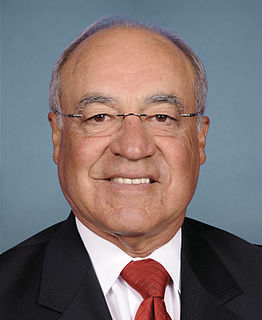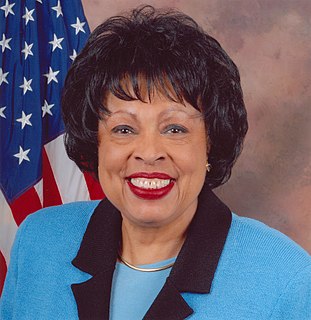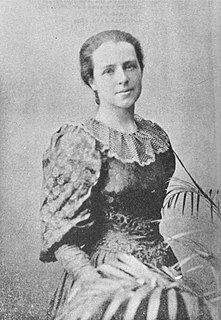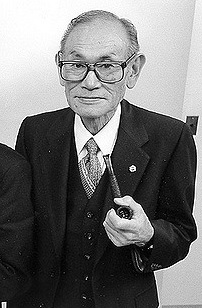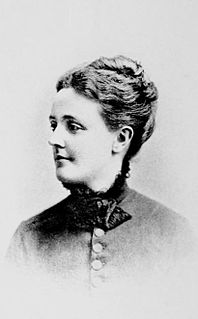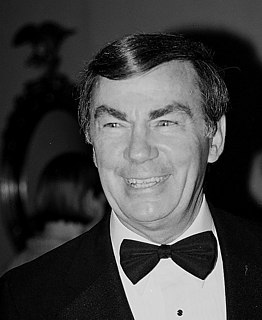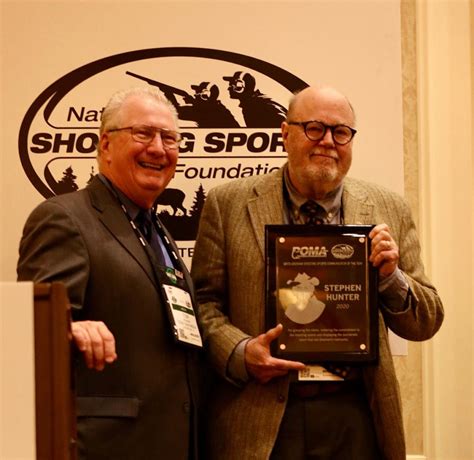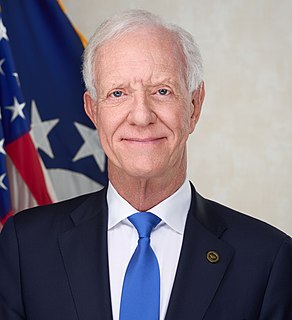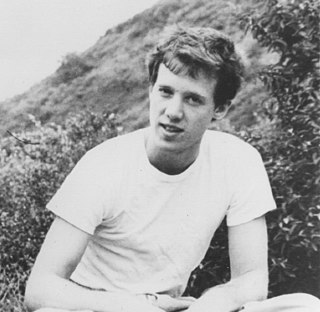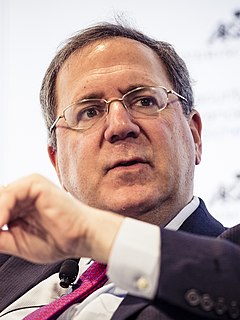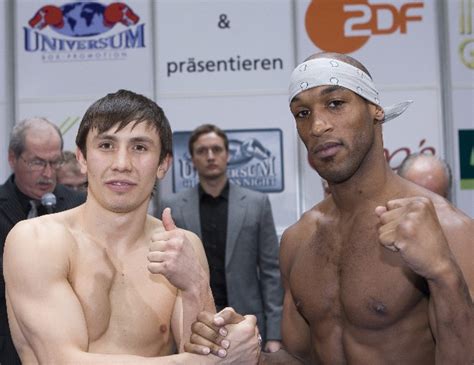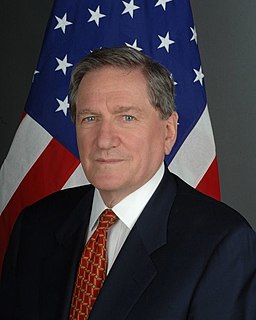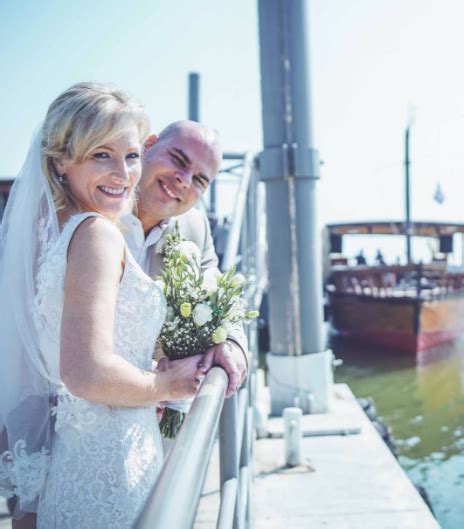Top 818 Pearl Harbor Quotes & Sayings - Page 2
Explore popular Pearl Harbor quotes.
Last updated on November 5, 2024.
Every honor is appropriate for the courageous Americans who made the supreme sacrifice for our Nation at Pearl Harbor and in the many battles that followed in World War II. Their sacrifice was for a cause, not for conquest; for a world that would be safe for future generations. Their devotion must never be forgotten.
In the time just before the bombing of Pearl Harbor, when Perfidia opens, we were pre-psychologized. There were no concepts of identity, no politics of victimization. Reparation wasn't in the language. Nobody thought about giving the great grandchildren of black slaves so much as $1.98. And all of a sudden the bombs hit, interventionism versus isolationism became a dead issue, and it was us-versus-them in a heartbeat.
I think the Congress will do the right thing. I think that they've - you know, they got into certain arguments and they start worrying about assessing blame, and there is a little demagoguery, but in the end, something this important, they'll do the right thing. So this really is an economic Pearl Harbor. That sounds melodramatic, but I've never used that phrase before. And this really is one.
Women are the fulfilled sex. Through our children we are able to produce our own immortality, so we lack that divine restlessness which sends men charging off in pursuit of fortune or fame or an imagined Utopia. That is why we number so few geniuses among us. The wholesome oyster wears no pearl, the healthy whale no ambergris, and as long as we can keep on adding to the race, we harbor a sort of health within ourselves.
The lunatic populism that preceded the Pearl Harbor bombing is astonishing in its permutations, its crisscrossings. Guys like [Catholic priest and controversial radio broadcaster] Father Coughlin and [racist and anti-Semitic agitator and founder of the Christian Nationalist Crusade] Gerald L.K. Smith started out as share-the-wealth socialists.
We can see now that we Americans were caught unprepared, because we were ordinary human beings, following the best advice we had at the time. No one would have guessed in 1941 that we would be attacked in such an unsportsmanlike manner as we were. No one could have visualized Pearl Harbor, either out there or in Washington. But if we had known then what we know now, we would have expected an attack in 1941.
When our ancestors were attacked at Pearl Harbor, they called it a day that would live in infamy. The day the Partials attacked us with the RM Virus will not live in anything, because there will be none of us left to remember it." -President David R. Cregan, March 21, 2065, in a press conference at the White House. Three hours later he hanged himself.
Richard M. Helms, the first director of Central Intelligence to rise from the ranks, was fond of saying that the CIA had been founded to make sure that there would never be another Pearl Harbor. Underlying this mission impossible was the wishful supposition that an America that knew everything could prevent anything.
I mean, the job is Pearl Harbor. And you better not spends weeks and weeks and weeks trying to assign blame or deciding on a complete plan for fighting the whole war, you know, and letting a committee decide where the battleships should go and all of that. You better spring into action with the best people you have.
The most extraordinary thing about the oyster is this. Irritations set into his shell. He does not like them. But when he cannot get ride of them, he uses the irritation to do the loveliest thing an oyster ever has a chance to do. If there are irritations in our lives today, there is only one prescription: make a pearl. It may have to be a pearl of patience, but anyhow, make a pearl. And it takes faith and I love to do it.
Before the war, my parents were very proud people. They'd always talk about Japan and also about the samurai and things like that. Right after Pearl Harbor, they were just real quiet. They kept to themselves; they were afraid to talk about what could happen. I assume they knew that nothing good would come out of it.
My father volunteered in early 1941, before Pearl Harbor, and became an officer in the U.S. Navy. As I was growing up, he taught me the responsibility of command: A leader is ultimately responsible for every aspect of the welfare of people under his or her care. That was a deeply felt obligation in his generation.
One of my sisters wanted to be an opera singer. So, we spent a few dollars to try to train her, because Italian people would like to have an opera singer in the family. But she's got trouble coughing, let alone singing. One day, she was in the shower singing 'Madame Butterfly,' three days later the Japs attacked Pearl Harbor.






